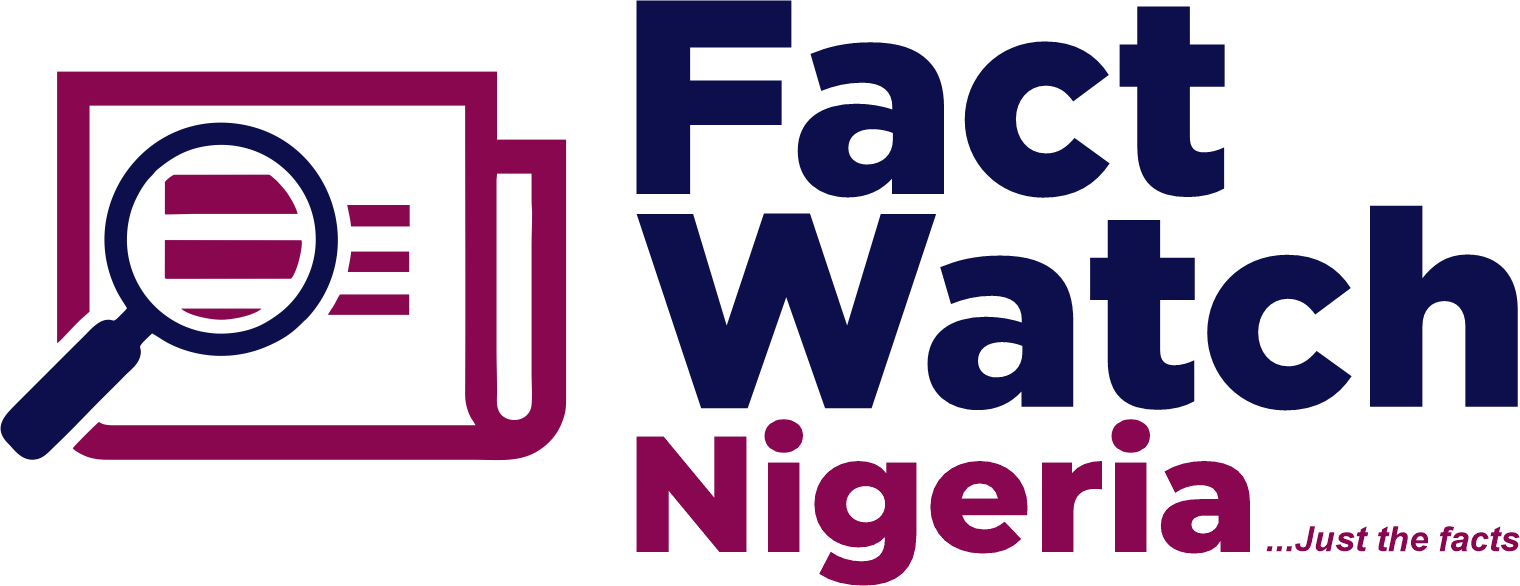By Nigerian Fact-checker’s Coalition
Full Text
Elections in Nigeria have always been defined by controversies. Electoral malpractice, ranging from ballot snatching to result sheet manipulations, has persistently plagued our democracy. However, in 2015, the Independent National Electoral Commission (INEC) introduced the Smart Card Reader, which sought to verify voters electronically for the first time. It was far from perfect. Machines failed, networks crashed, and officials reverted to manual accreditation in many places. In fact, BusinessDay reported how over 5.8 million people had to without digital accreditation.
Learning from those mistakes, INEC launched the Bimodal Voter Accreditation System (BVAS) in 2021 to replace the card reader. Alongside it came the INEC Result Viewing (IReV) portal, where Nigerians could log on to see polling unit results in real time.
Both systems played significant roles during the 2023 general elections. While some hailed them as milestones in electoral transparency, others criticised them as flawed, particularly after the prolonged delay in uploading the presidential results
With the Anambra governorship election approaching, these two acronyms, BVAS and IReV, are beginning to brew controversies and confusion. To help clear the air, here are six misconceptions about BVAS and IReV.
- “BVAS means we now vote electronically”
This is perhaps the most common misunderstanding. This misconception spread during the 2021 Anambra governorship election, where BVAS was first tested. Many voters arrived at polling stations expecting electronic voting, where you press a button and your vote goes directly to a server. But that was not the case.
In reality, BVAS has not replaced the traditional ballot paper system. You will still thumbprint on paper, and your votes will still be counted manually at the polling unit.
What then is BVAS meant for? BVAS simply ensures you are who you claim to be before you can vote. The machine verifies your identity by scanning your fingerprints or face to ensure you are not impersonating anybody. Apart from that, it is also used to transmit results to IReV after everyone has voted.
Therefore, for the 2025 Anambra election, you should be prepared for manual voting supported by digital checks.
- “If my fingerprint fails, I won’t be able to vote”
This fear is valid but rooted in Nigeria’s long history of faulty machines on election day, especially with their repeated experiences with the Smart Card Reader failures pre-2023. Nigerians still carry that trauma.
However, BVAS has two verification methods: fingerprint and facial recognition. If one fails, INEC says the other steps in. Unfortunately, when both fail, you may be unable to vote.
However, the multi-accreditation mode of BVAS represents a significant improvement over the smart card reader.
- “Results are counted and declared on IReV”
Because we have established that BVAS accredits you and IReV lets you see results, many voters may still assume that IReV is a digital collation centre where winners are announced. This is false.
The INEC result viewing portal is more like a public notice board, but in digital form. After polling unit officials count votes and record them on paper, they scan the result sheet and upload it to IReV for everyone to see.
Therefore, it is important for you to understand that IReV does not declare winners. Results are still counted and declared manually at the ward, LGA, and state collation centres, and that has not been replaced.
- “Once results are uploaded to IReV, rigging is impossible”
While many expected IReV to eliminate election fraud, the 2023 general elections revealed otherwise. Watchdogs observed discrepancies between some results uploaded on IReV and the figures later announced at collation centres
Some Civil Society Organisations (CSOs) argued that the promise of real-time transparency was undermined. INEC later admitted technical glitches delayed uploads, which further fuelled suspicion.
A screenshot of the IREV portal.
Although uploading results to IReV has made it more difficult to tamper with polling unit outcomes, manipulation remains possible during collation, where figures from hundreds of units are aggregated.
- “IReV is for politicians”
IReV was created for everyone in Nigeria, not just politicians, party agents or INEC. As long as you can access a smartphone and the internet, you can monitor uploaded results from different polling units by logging onto the IReV portal.
That means you can view results uploaded on the portal and compare what was uploaded from your unit with what was later announced at collation. By doing this, you are also taking ownership of the election and demanding accountability from people who may want to manipulate results.
- “BVAS always works perfectly”
Nigerians who witnessed the 2023 general elections know this is untrue. On the contrary, BVAS was reported to have malfunctioned in several states due to poor connectivity and unskilled officials. In some polling units, accreditation stretched for hours and left voters frustrated.
While INEC insists it has learned lessons and improved its systems, it may not be out of place to expect some form of glitches on election day.
Written & edited by Nigeria Fact-Checkers Coalition (NFC) ahead of the Anambra 2025 election.






